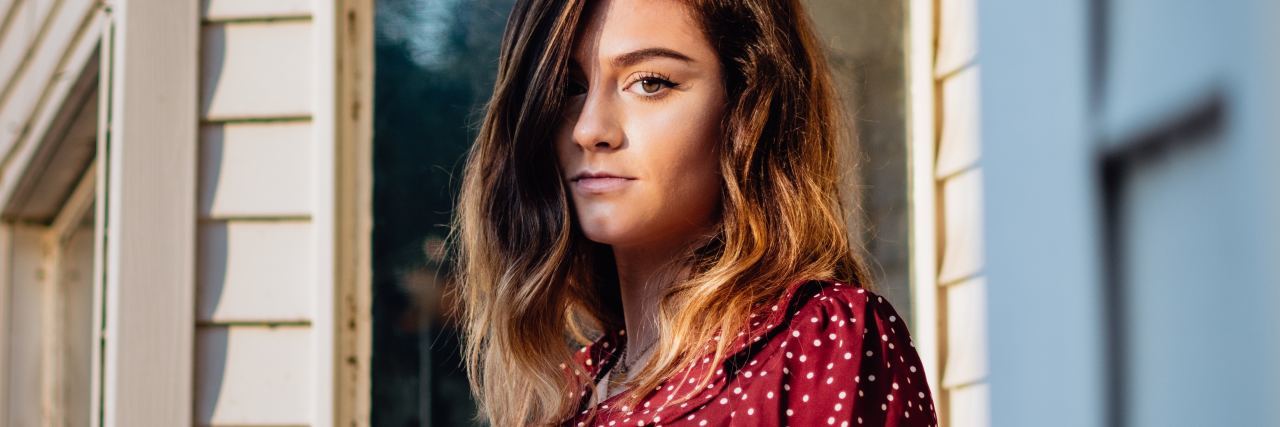Sexual Violence Is Only the ‘First Wound’
Editor's Note
If you’ve experienced sexual abuse or assault, the following post could be potentially triggering. You can contact The National Sexual Assault Telephone Hotline at 1-800-656-4673.
You might think, being a victim of sexual abuse or assault, it is the experience that affects survivors the most, causes the most damage in our lives and has the most lasting, destructive effects.
You might be wrong.
Sexual violence is the first wound. But for a countless number of survivors, the moment we tell our stories is the beginning of a confusing, soul-crushing response from our own loved ones that is characterized by the denial or minimization of our trauma. This is an all-too-common experience I refer to as “the second wound.”
When it hits, we find ourselves in an upside-down reality. In this world, the abuser in the family is treated as the golden child, celebrated, adored and imbued with power while their victims are scapegoated as troublemakers for speaking up. It’s a place where loved ones refuse to take steps to protect potential victims and telling the truth is seen as the real danger. Where outward appearances count more than moral integrity and power and family loyalty trumps truth. Where we are left out of family gatherings while our perpetrators are included. Where we are blamed for “dwelling in the past” or pressured to “forgive” and “move on.” Meanwhile, our abusers’ denials are believed and their claims of good intentions are applauded. Everyone but the survivor is allowed to be an authority on our traumatic experiences.
When I first spoke up about the sexual abuse perpetrated on me by a family member, I thought my family members and I would examine what went wrong and heal together. I never imagined I was had just opened myself up to a second and equally painful layer of hurt — a gaping, aching wound brought on by the hurtful responses I didn’t see coming.
Over two decades, I tried everything I could think of to stop the hurt. I explained the need to address the abuse in our family together. I beseeched my mother and siblings to make sure minor children were not cared for by accused abusers in the family. I protested the secrets and silence that allow abuse to persist through generations. I pleaded for my trauma to be seen, for my feelings to be honored. I asked to be loved and included. It took a long time and a series of repeated, worsening behaviors by my family for me to finally realize my efforts were fruitless. In fact, my self-advocacy only made things worse.
All these years later, I understand I don’t have the power to change their perceptions or behaviors. I also know their responses felt to me like a painful echo of the sexual abuse I suffered. In both scenarios, my voice held no power. My emotional turmoil did not matter. And worst of all, I was being pressured to put my needs and feelings aside in favor of their wants. After years of fighting this toxic environment, I realized I had to step away from my family in order to be healthy.
Now, I work every day to offer solace and information about the second wound to my fellow survivors. I point out that our truth matters. Our feelings are important, we deserve to be heard, and we never have to compromise ourselves for people who don’t understand these truths.
Unlike the abuse or assault, the second wound rarely has an end. It remains an open wound as long as we are exposed to the weapons of denial, minimization and victim-blaming. We may never be able to fully avoid the harm they cause, but we can realize that we deserve better. So much better.
Photo by Max Andrey on Unsplash

